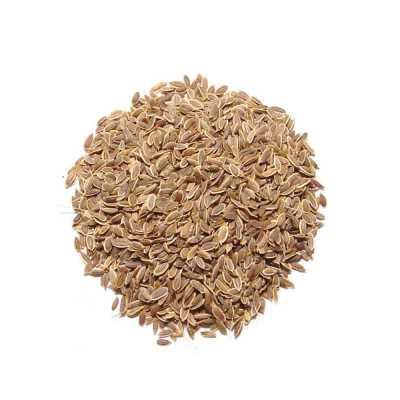Jothi Herbals
Sadhakuppai ( Anethum sowa ) | Dil Seeds
Sadhakuppai ( Anethum sowa ) | Dil Seeds
Regular price
Rs. 60.00
Regular price
Rs. 110.00
Sale price
Rs. 60.00
Unit price
per
Shipping calculated at checkout.
Couldn't load pickup availability


